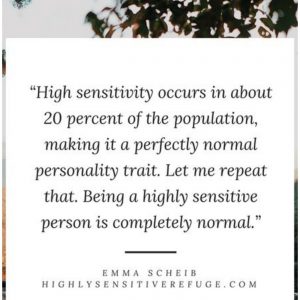The term vegan was coined by Elsie and Donald Watson in 1944 to describe a group of vegetarians who are also cutting out other animal products. Since then, veganism developed an elitist, health-conscious reputation among social circles. This lifestyle also became popular with different advocates such as the hippies but it still maintained its air of uniqueness. Today, most vegans try to play a role for food reputation and supports veganism as an enjoyable and trendy lifestyle.
According to the Physicians Committee for Responsible Medicine a vegan diet or a vegetarian lifestyle can give several benefits such as weight loss, lowered diabetes risk and reduction of heart disease risk. A vegan diet also fills the human taste and lowers the cravings for fatty acids.
A vegan lifestyle is also very beneficial to the environment. Space is at a maximum usage and more and more people are becoming aware than the last about carbon imprints that they are leaving the earth.
In 2006, the United Nations Food and Agriculture Organization reported that livestock production produces more greenhouse gasses than automobiles. Meat production is also reported to add in the water and soil pollution, as well as air.
Vegan cooking is rather synonymous with preparing tofu and organic yeast. A booming interest in ethical cooking, however, has created young chefs to thing that most cultures have different vegan meals that are delicious and can be added in their specialty cuisines. There are recipes from Middle East such as hummus, tahini and falafel and North Africans have stews, tangine. Also, Indians have curry as well as stir fry among Asians.
On the other hand, vegan baking is almost impossible. How on earth can you bake a cake without milk, eggs or even butter? However, soy, rice, and almond milk easily substitute dairy milk. Grated flax seeds, tofu, banana, and yogurt can also be a replacement for eggs, while canola oil is also used as a substitute for butter. Now, vegan baking is strongly appealing to people with allergies or lactose intolerant.
For many people, making this significant switch to a total vegan lifestyle can be very hard. As with any kind of change, it requires time. Some individuals take it easier than other people. If you want to make this change but there is still hesitation, you can do it on your own pace and way. You should change into habit one step at a time. You can add more vegetables and fruits into your diet while slowly decreasing the number of meat servings every day. You can also replace peanut butter, tofu and soy for fewer foods that we normally consume. Eat fruits and raw vegetables when you are hungry but its not yet meal time. You can also experiment with various dishes and recipes to see what will be suitable for your taste.
Vegans also avoid wearing and patronizing animal products such as wool, silk, honey and leather even animal-based cosmetics and chemicals. So, replacing leather shoes, silk dresses and wool coat for kick and hemp is now a trend. This is one of the significant sacrifices of vegans. However, vegan designers and stores develop a new trend that is harm-free, well made and elegant. The famous fashion designer Stella McCartney, who is also a vegan, uses only fibers and artificial leather to create her lines.
The vegan lifestyle is changing from a personal based self-sacrifice to a centralized social awareness. Potential vegans are appealed by the diets distinction or its good environmental or health benefits. However, this lifestyle is still complicated that requires professional advice.




